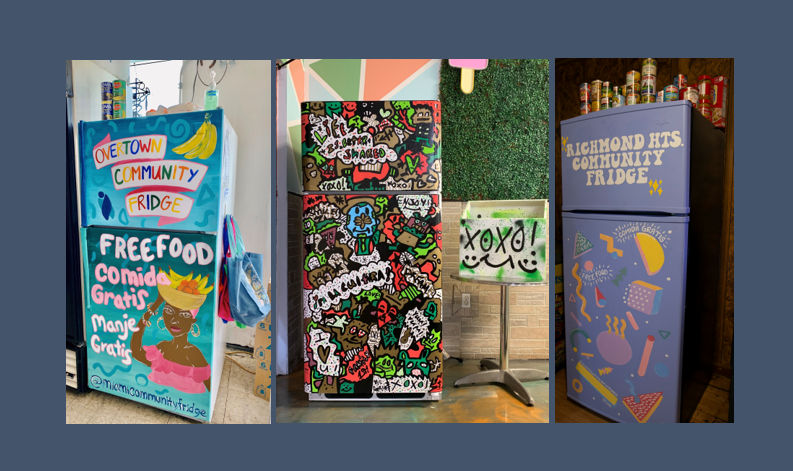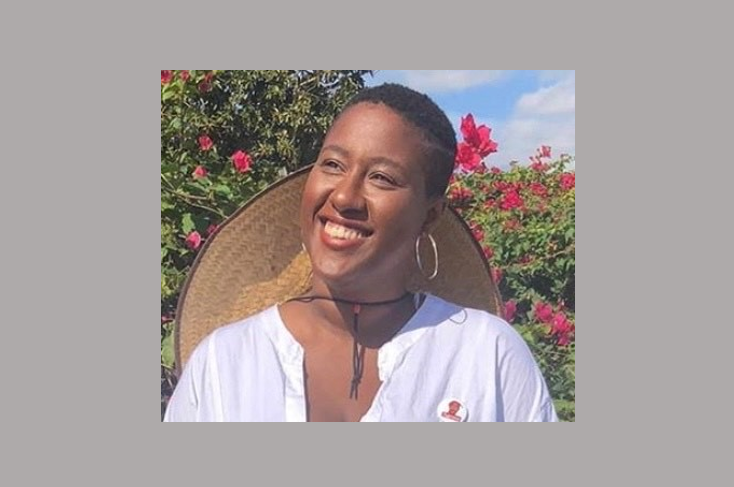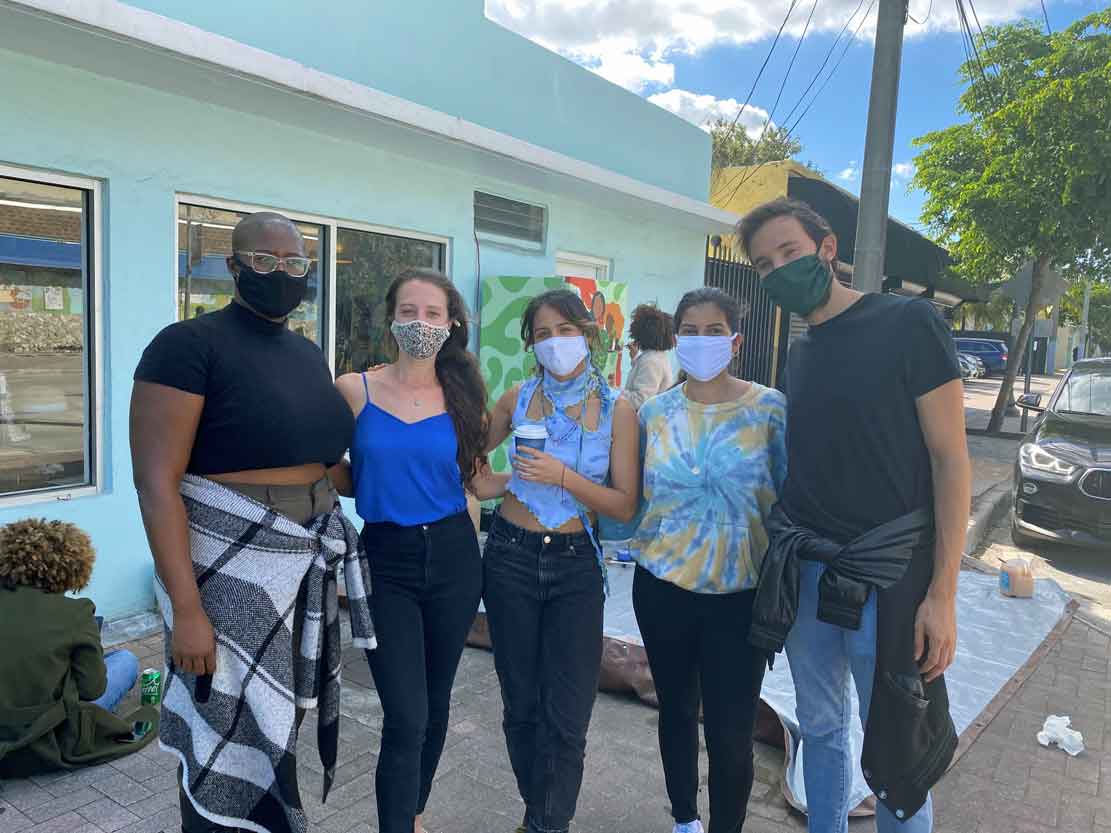People in many geographic areas reside in what are termed food deserts. “Food deserts are areas throughout the country that have less access to a grocery store … or, if they do have a grocery store, supermarket next by, they're not providing fresh vegetation for the community,” explains Fania Celestin, the Director of Development for the Buddy System Community Fridge Initiative in Miami-Dade County, Florida.
As the non-profit explains, “According to the United States Census Bureau, more than one in six South Florida households are currently struggling with food insecurity ... A community fridge is a refrigerator located in a public space that enables food to be shared amongst the community. Anyone can put food in and take food out! The aim is to reduce food waste and support people facing hardships by providing access to healthy, nutritious food.”
Fania tells us the Community Fridge concept began in New York City and has been adapted for residents of South Florida. In addition to neighbors donating food for the fridges, “we've been working with certain restaurants and certain nonprofit organizations throughout Miami-Dade who are offering up what they can of from their restaurants or the excess that they have so that we can be able to fill our refrigerators.” This has been a particular blessing during economic hardships caused by the COVID pandemic.

For those who have one of the seven fridges (more should be coming in time) in their community, there’s responsibility involved, “you come to donate, you come to clean, you come to make sure some things are stocked correctly – like no vegetation is rotting,” just as you would take care of your own refrigerator, except this one belongs to everyone.
But there’s something even more special about the fridges. “It’s basically an art piece within the neighborhood.” That’s because each fridge has been painted by local artists to give the devices personality, often reflecting the flavor of the neighborhood. This gives added incentive for the fridges not to be vandalized – and for neighbors to protect the fridges and contents with “watchful eyes,” as Fania puts it.
You can learn more about this remarkable outreach in our podcast below, along with the full story of what motivated Fania to become deeply involved in this creative humanitarian project. “I just saw the lack of food access a lot of people had and how certain grocery stories weren’t in certain neighborhoods … as a human right, you should be able to have food access.”



